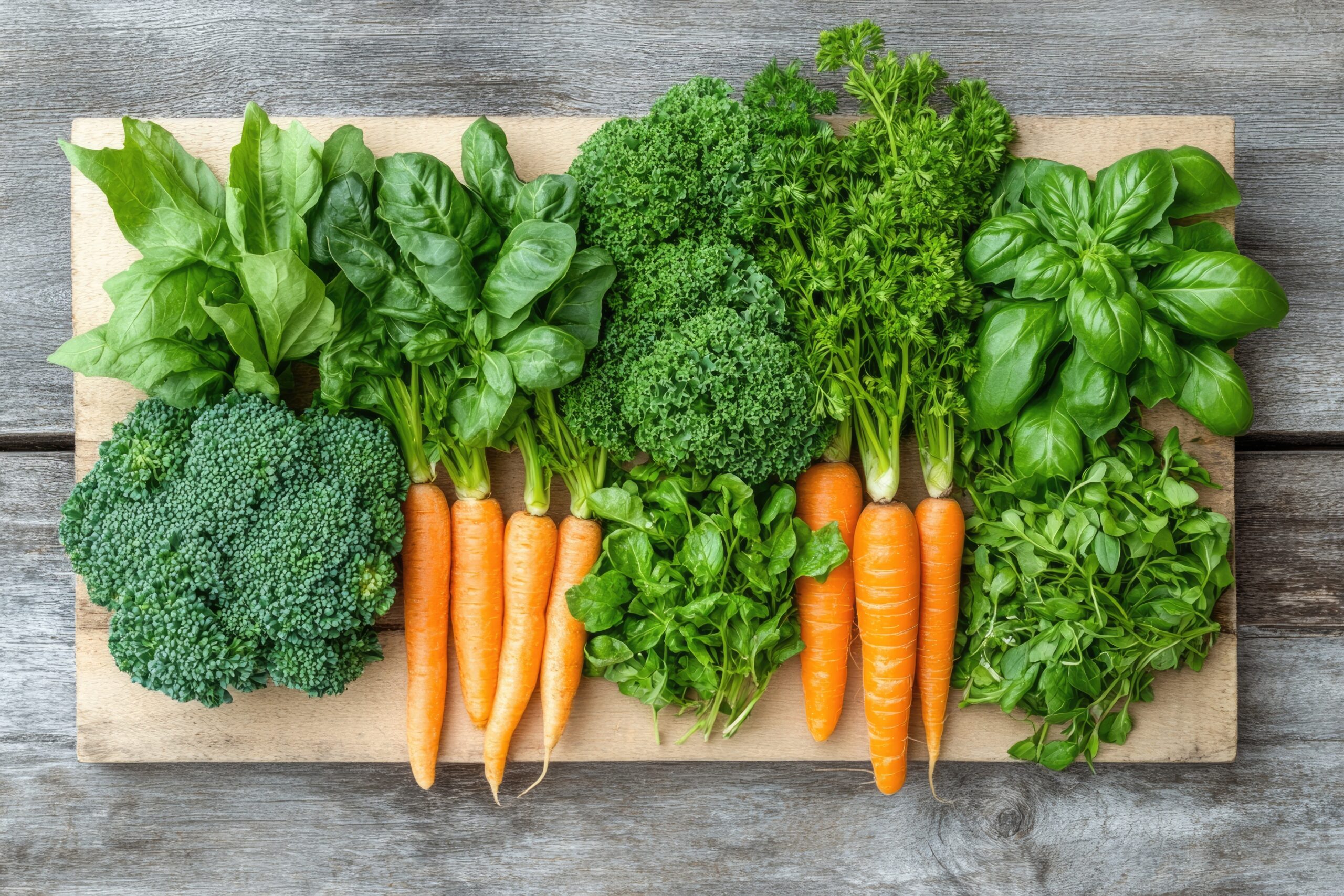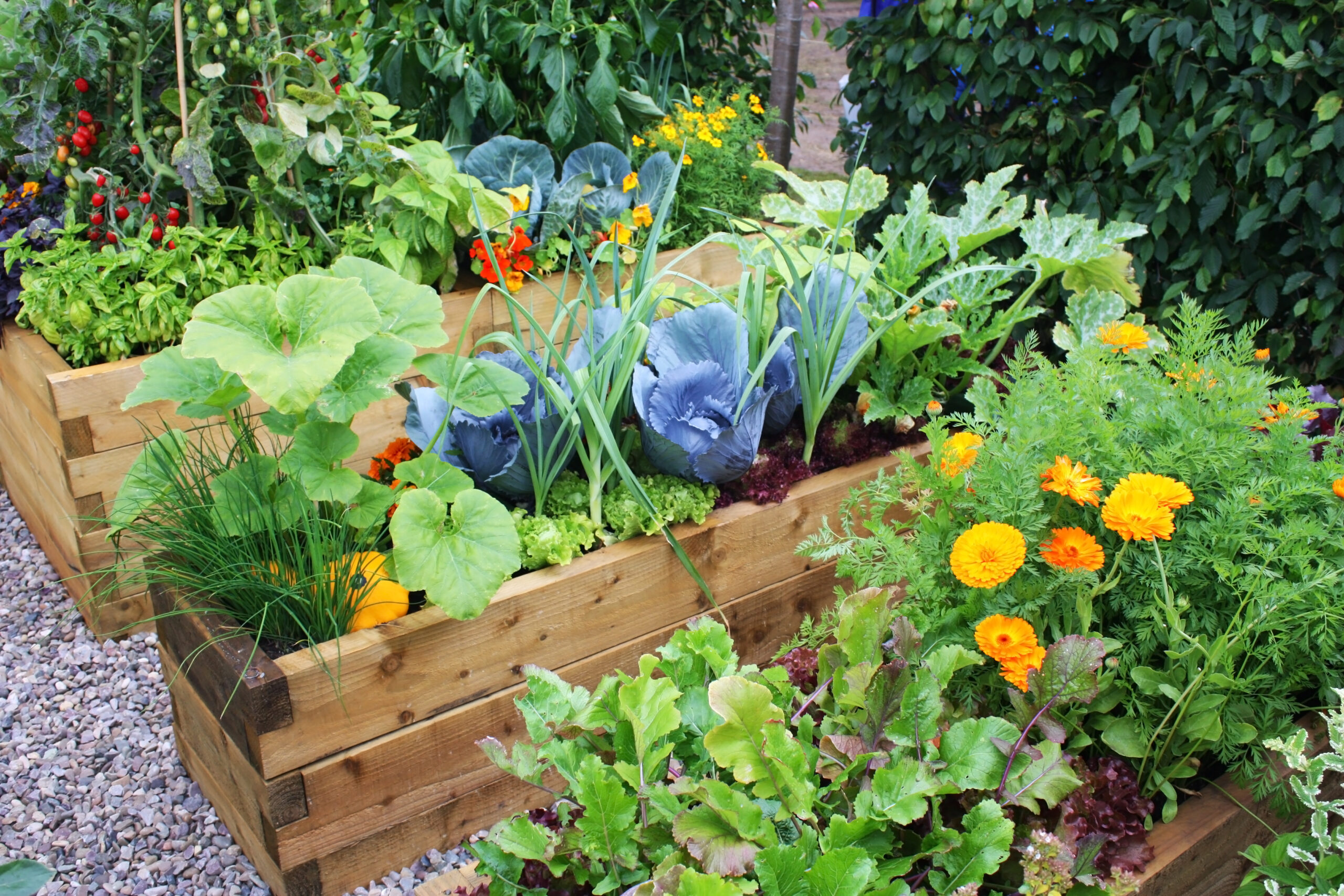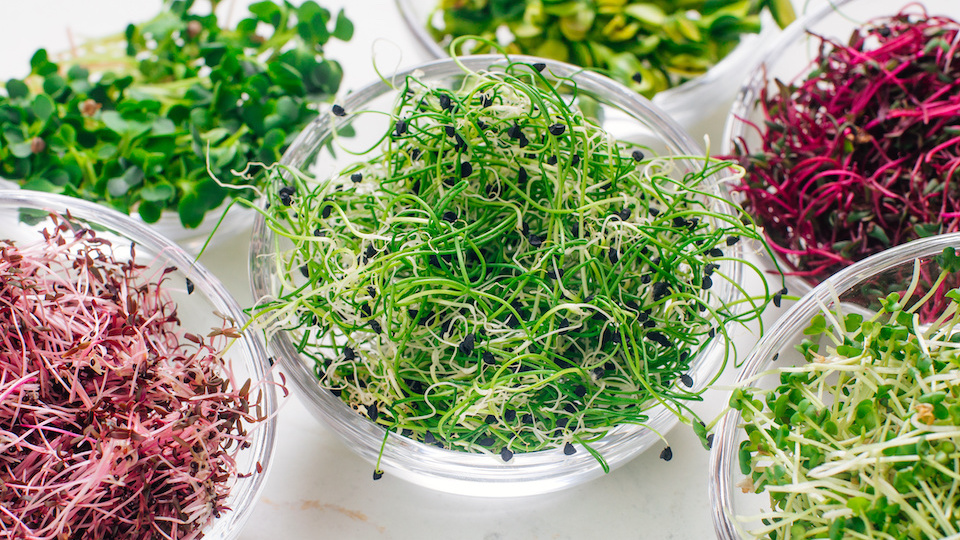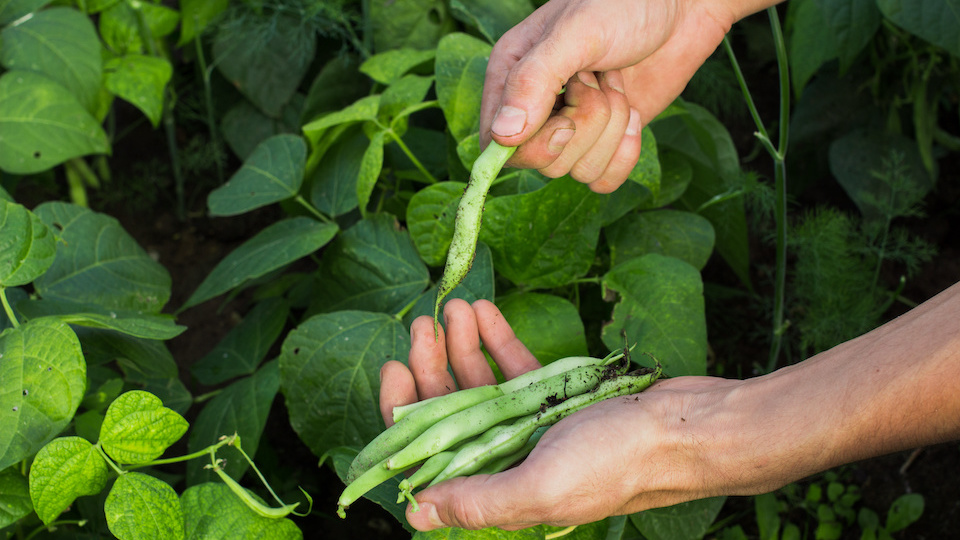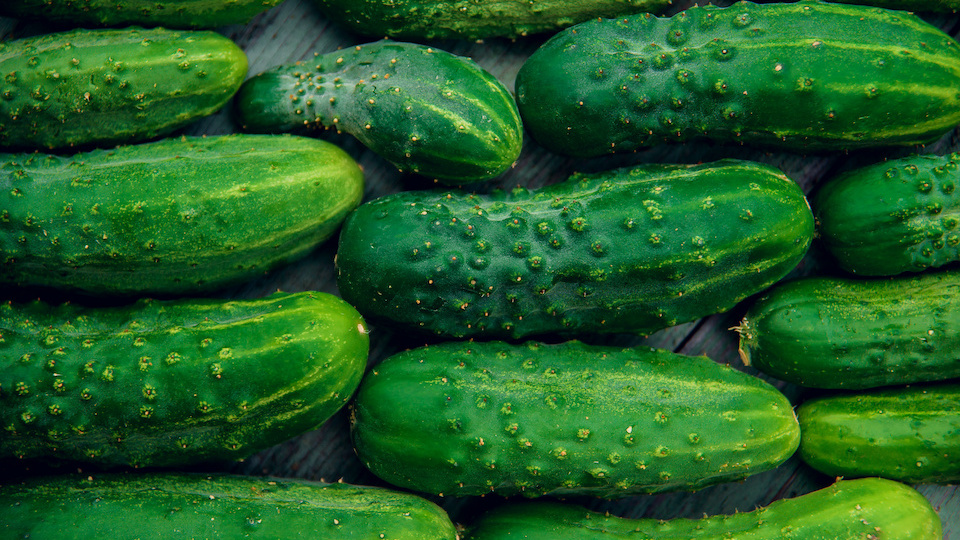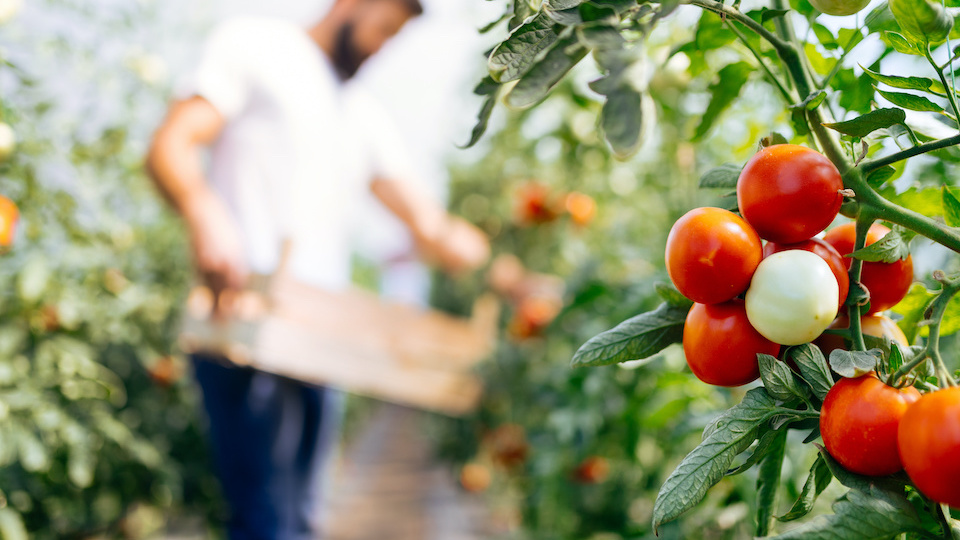Try These 17 Foods to Eat Your Way to Healthy Eyes
Vision is one of our most important senses, yet it is often taken for granted until problems arise. With increasing screen time, environmental stressors, and age-related degeneration, maintaining optimal eye health is more critical than ever.
Fortunately, nutrition plays a powerful role in supporting vision, preventing eye diseases, and reducing strain. Scientific studies have shown that essential vitamins, minerals, and antioxidants can significantly impact eye function, slow vision loss, and even prevent conditions such as macular degeneration, cataracts, and dry eye syndrome.


